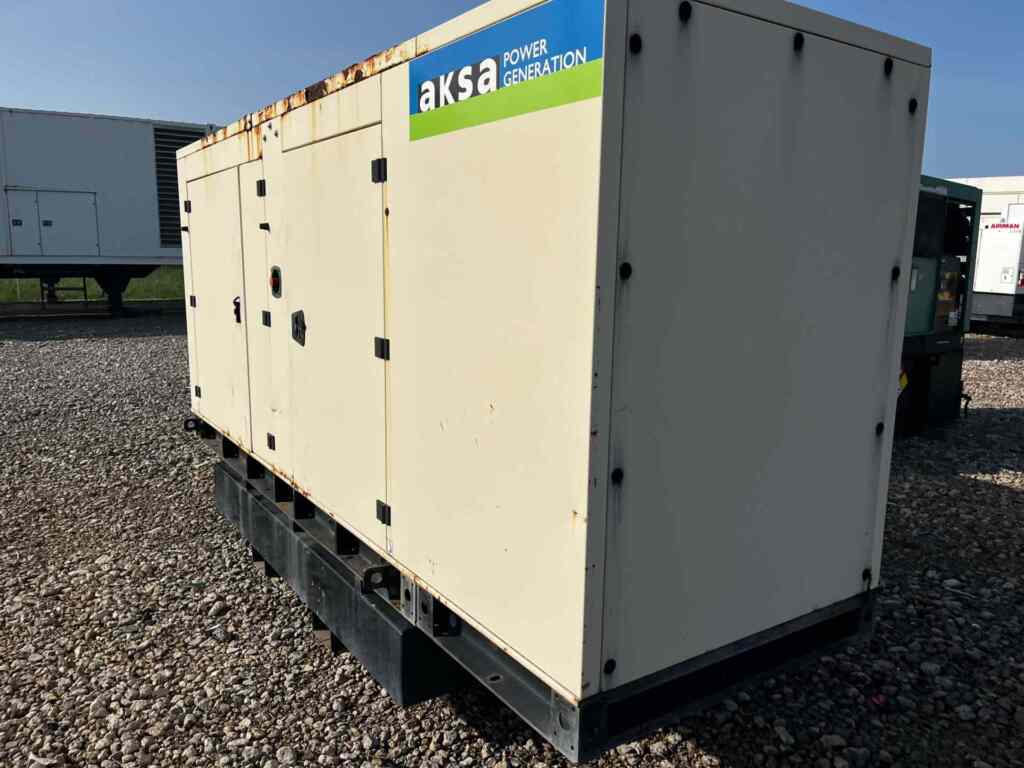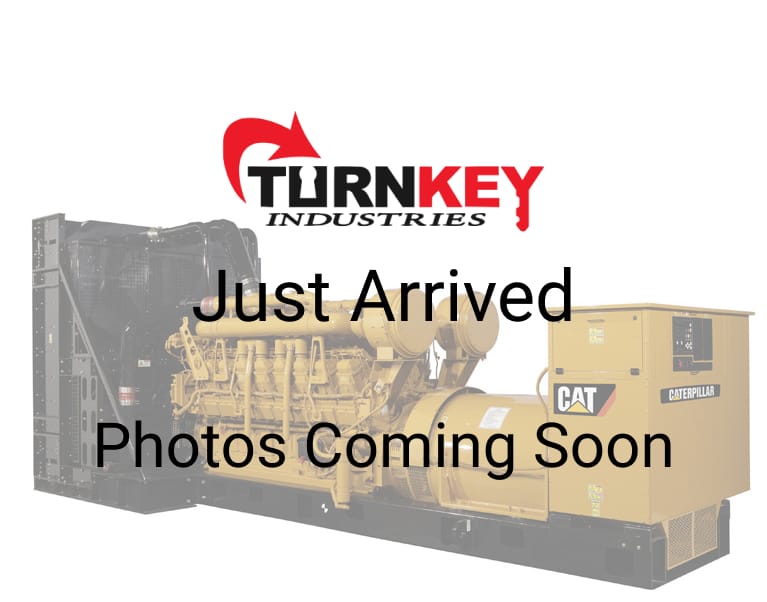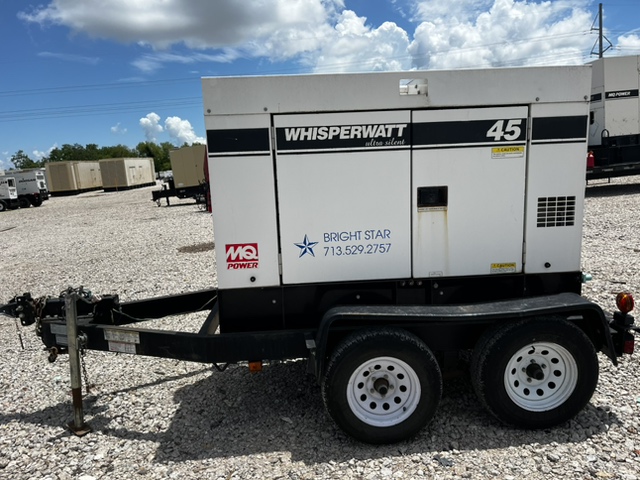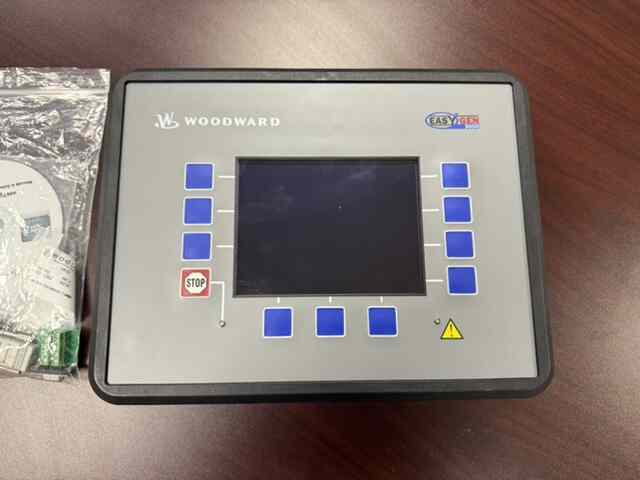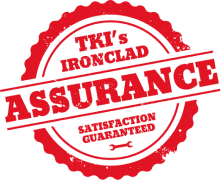While most industrial generators are robust and durable enough to handle power loads of high magnitudes, it’s safe to say that they can also produce high noise levels. Unfortunately, noise can become bothersome to nearby residents and homeowners.
Understandably, many cities in the United States have local noise ordinances with general rules and regulations to mitigate unreasonable sounds.
Here’s a quick guide to industrial generator noise regulations.
What Is Noise Level?
Generally, all unwanted sounds that irritate, hurt, or annoy the ear may classify as noise. One can measure noise in decibels or dB(A), indicating the sound’s loudness.
The human ear can safely withstand noise levels up to 85 dB, which is about the same threshold as city traffic.
How Much Noise Do Generators Produce?
Undoubtedly, robust industrial generators have the potential to make noise; however, kW output and fuel type are significant considerations to keep in mind when evaluating noise levels. To clarify, a 50kW diesel power unit typically produces noise of around 85 dB(A).
On the other hand, machinery with a 1500kW engine can produce sounds as loud as a jet engine or 105 dB(A).
What Are Noise Regulations?
Noise regulations and ordinances are laws that limit the allowable sound levels at various times of day in different areas. You may notice that there are specific statutes to regulate noise in the areas surrounding commercial and industrial zones.
Regulations may order industrial plants and manufacturing facilities to run their generator units during specific hours to suppress dangerous decibel levels from heavy machinery.
If your generator violates local noise regulations, law enforcement may become involved and perform a site visit. Officials may record sound levels and issue fines based on their findings, enforcing corrective action.
What States Have Local Noise Regulations?
The following locations have ordinances in place to regulate loud sounds from engines and motors that people can hear beyond property lines:
- Alaska
- Arizona
- California
- Colorado
- Florida
- Georgia
- Illinois
- Indiana
- Massachusetts
- Michigan
- Missouri
- Nebraska
- New York
- North Carolina
- Texas
It’s worth noting the specific cities and areas within the states mentioned above may have additional local noise regulations.
There are many industrial and commercial generators for sale; however, it helps to understand what industrial generator noise regulations are to help you select the unit that best suits your facility. Consider contacting us at Turnkey Industries when searching for standby power equipment to help run your business. Our inventory has a wide selection of brands, sizes, and capacities.
 Turnkey Industries offers a variety of high-capacity
Turnkey Industries offers a variety of high-capacity 